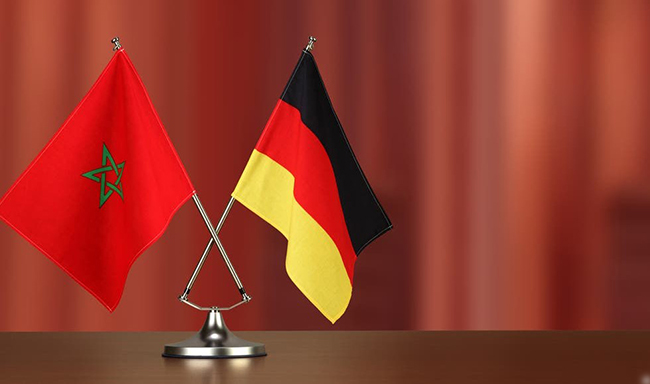The Nigeria-Morocco gas pipeline will open a new energy-supply route for West Africa and Europe, Bloomberg pointed out, adding that the two countries signed Thursday an agreement that inches a long-standing proposal for a gas pipeline between the two countries closer to reality.
The agreement signing ceremony took place with European nations increasingly hungry for new sources of gas following the war between Ukraine and Russia, the U.S. agency said.
The 5,600-kilometer conduit along West Africa’s coast would provide gas to the 15-country Economic Community of West African States, which also signed the agreement, and permit fuel to be shipped to Spain and the rest of Europe, Bloomberg added.
The Saudi Arabia-based Islamic Development Bank and the OPEC Fund for International Development have committed nearly $60 million to finance feasibility and engineering studies for what would be one of the longest pipelines ever built.
Nigeria possesses Africa’s largest proven gas reserves at about 200 trillion cubic feet, most of which is untapped, flared or reinjected into oil wells, the source said.
The Nigeria-Morocco Gas Pipeline project, which stems from the far-sighted vision of His Majesty King Mohammed VI and Nigerian President Muhammadu Buhari, will run along the West African coast from Nigeria, through Benin, Togo, Ghana, Côte d'Ivoire, Liberia, Sierra Leone, Guinea, Guinea Bissau, Gambia, Senegal and Mauritania to Morocco.






